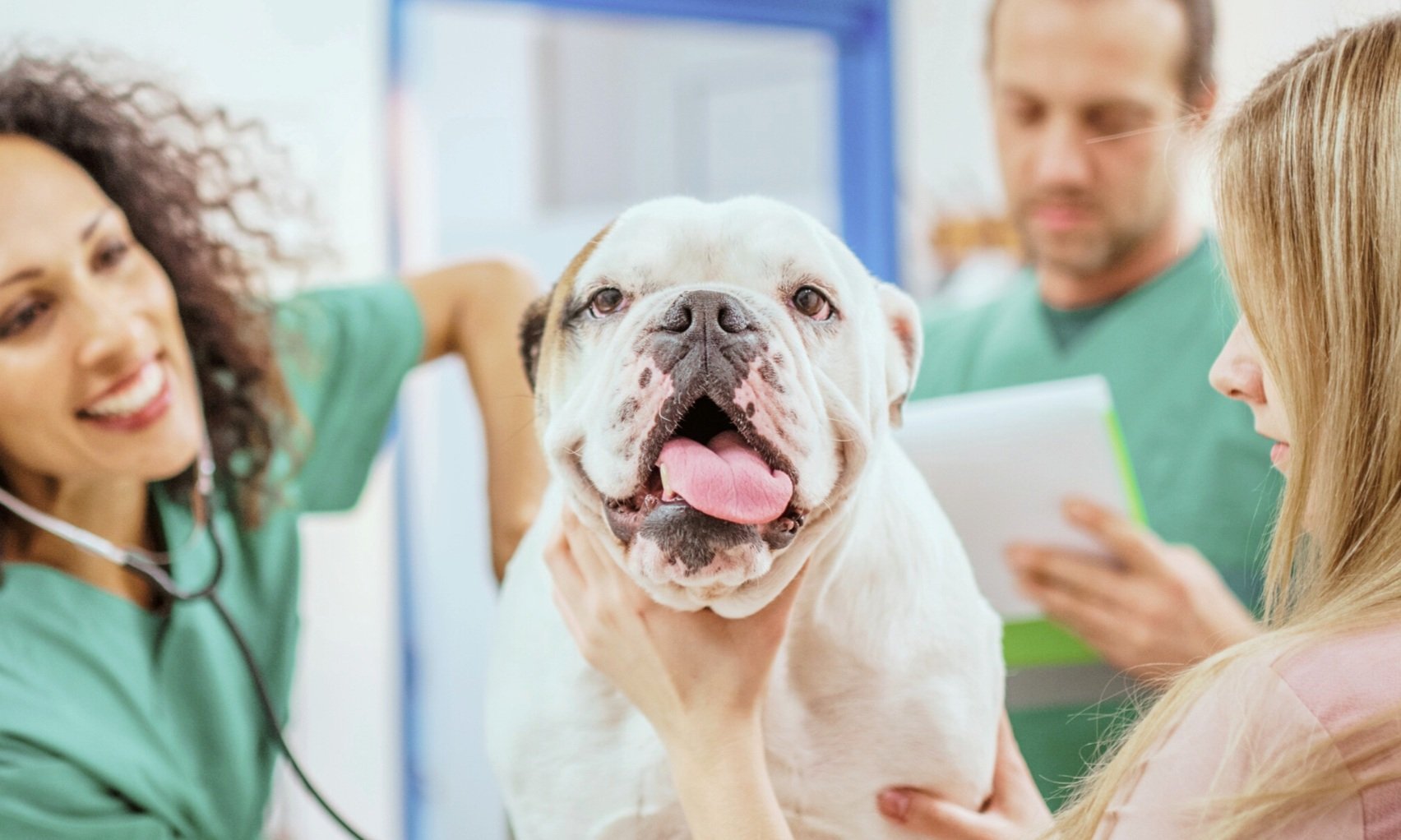
About APOP
Since 2005, the Association for Pet Obesity Prevention (APOP) has been at the forefront of raising awareness about pet obesity within the veterinary community, the pet health industry, and among pet owners. Obesity in pets remains one of the most significant health challenges facing dogs and cats in the United States and worldwide.
As we move forward, APOP is shifting its focus from awareness to action, emphasizing the treatment of pet obesity. This shift aligns with the One Health approach, recognizing the interconnectedness between human, animal, and environmental health.
To drive meaningful change, APOP is collaborating with academic institutions, researchers, and industry leaders to advance solutions and improve the lives of animals everywhere.
Our Mission
APOP is a nonprofit organization dedicated to the awareness, prevention, and treatment of pets with obesity and weight-related disorders. Our mission is to solve the challenges of pet obesity through deeper understanding and collaboration, eliminate weight bias, support One Health by aiding in parallel weight loss and health initiatives, offer support for veterinary healthcare personnel, and advance the discussion of pet obesity and its impact on health and the human-animal bond. APOP develops clinical resources, public education campaigns, position statements, and policies designed to promote research, pet owner education, and evidence-based clinical care to improve the health and well-being of pets with obesity.
Our History
The Association for Pet Obesity Prevention (APOP) was founded by Dr. Ernie Ward after he observed a steady increase in the number of pet obesity cases in his small animal veterinary hospital. Practicing in a coastal retirement community, many pet owners he was helping were confronting their own health challenges. Dedicated to advancing the health, wellness, and longevity of both pets and humans, he united his passion into founding APOP.
Dr. Ernie Ward assembled a small group of dedicated veterinarians interested in better understanding the complicated science of pet obesity. In 2006, the group conducted a small pilot survey. The initial findings indicated that over half of the pets assessed by practicing veterinary professionals were overweight or had obesity. This closely paralleled the statistics for overweight adults in the human population. Since then, APOP has focused on tracking pet obesity prevalence and examining trends and beliefs that pet owners and veterinary professionals have about body condition, nutrition, and pet food.
The Global Pet Obesity Initiative
In 2018, APOP created the Global Pet Obesity Initiative (GPOI) to create a universal set of pet obesity definitions and assessment standards. These guidelines have been formally accepted by 25 of the world’s leading veterinary medical organizations.
Creates a uniform definition of pet obesity.
Standardizes the body condition score (BCS) for dogs and cats.
Declares pet obesity as a disease.
Click here for the Global Pet Obesity Initiative Position Statement
